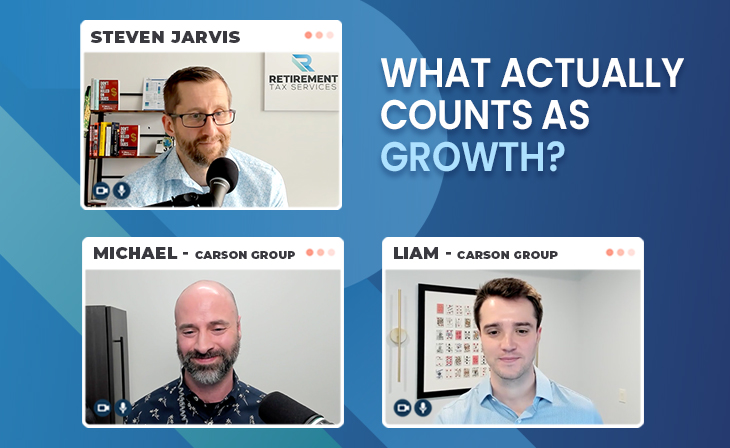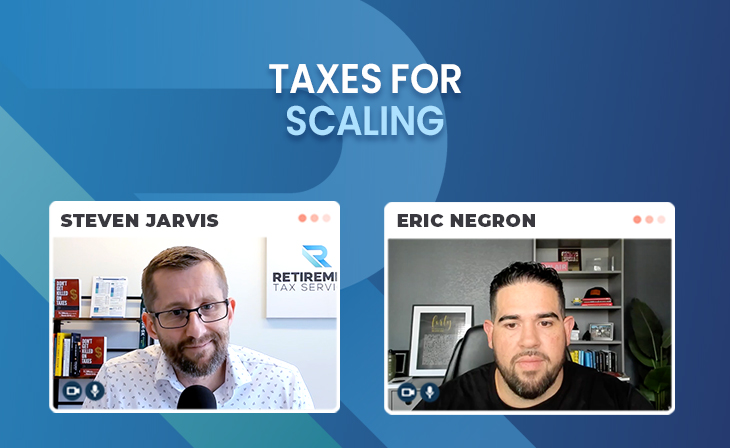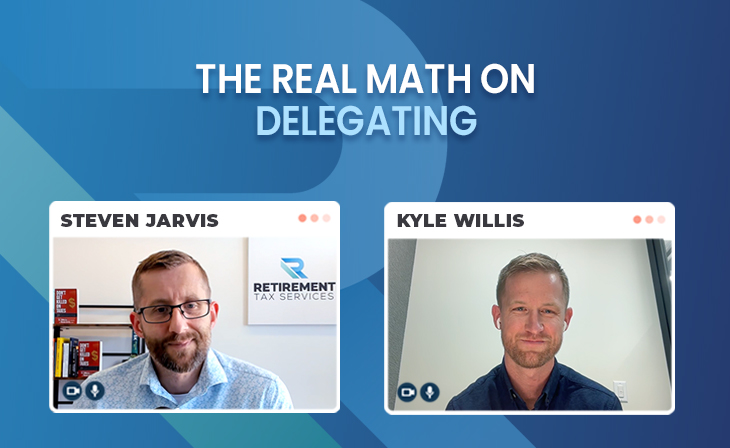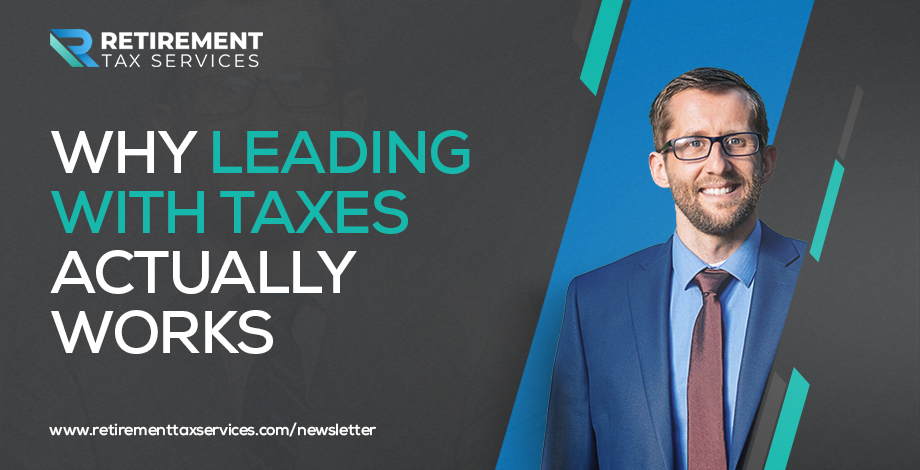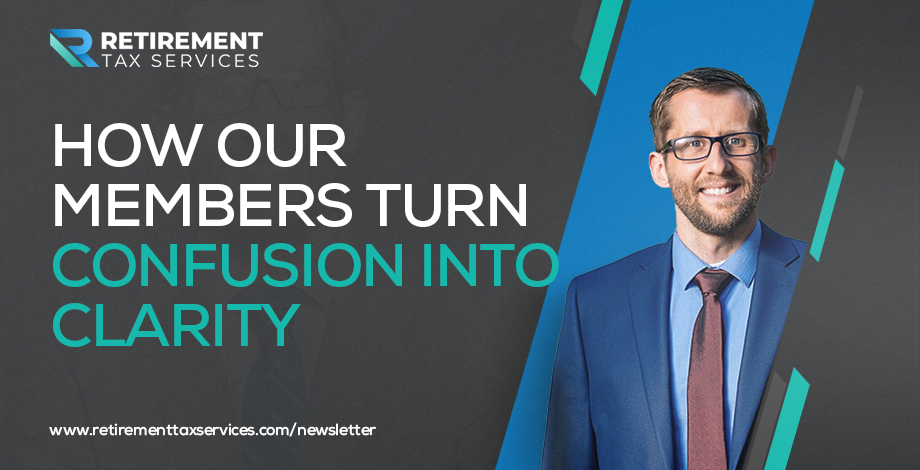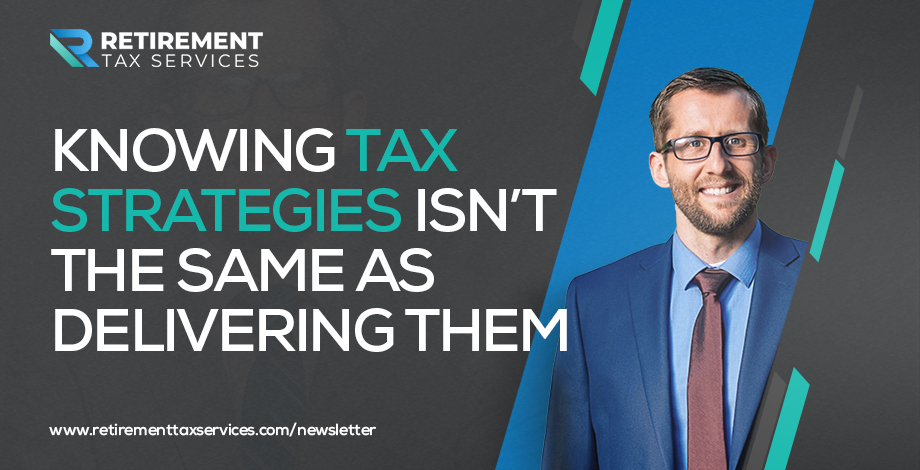
What Sets a Tax‑First Planning Framework Apart From Traditional Financial Plans?
Most financial plans look impressive on paper but fall short when it comes to taxes. The charts and projections are there, yet clients still overpay the IRS year after year. […]
Read More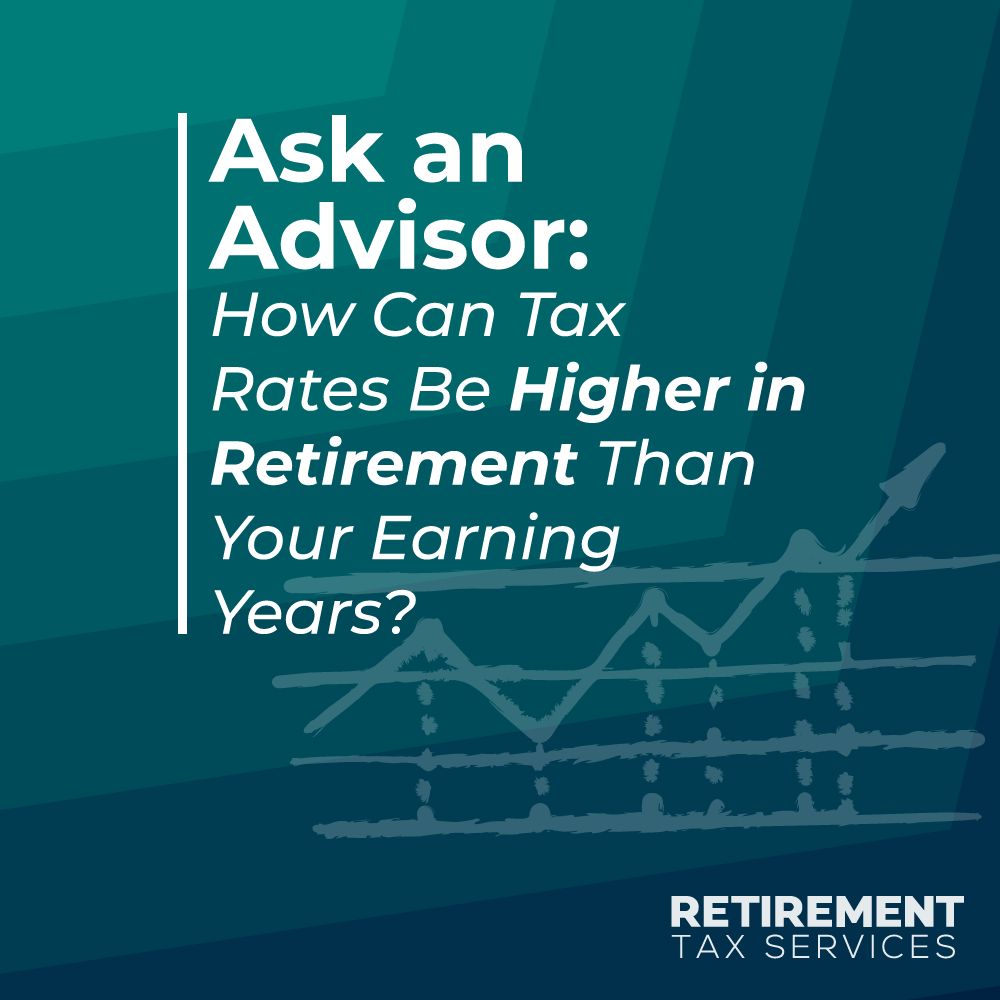
Ask an Advisor: How Can Tax Rates Be Higher in Retirement Than Your Earning Years?
Required minimum distributions (RMDs) are certainly a reason that a person’s tax rate might go up in retirement, but they’re not the only reason. There are a number of possible scenarios in which a person faces higher taxes in retirement when compared to their earning years. (And if you need help with planning for taxes in retirement, consider matching with a financial advisor.)
Read More
Ask an Advisor: I’m in the Highest Tax Bracket and ‘Plan to Be There Moving Forward.’ Should I Do a Roth Conversion?
If you ask some financial professionals, the answer to this question might be a resounding no, and the discussion would be over. But there are arguments for doing Roth conversions, even if you are in the highest tax bracket.
Read More

